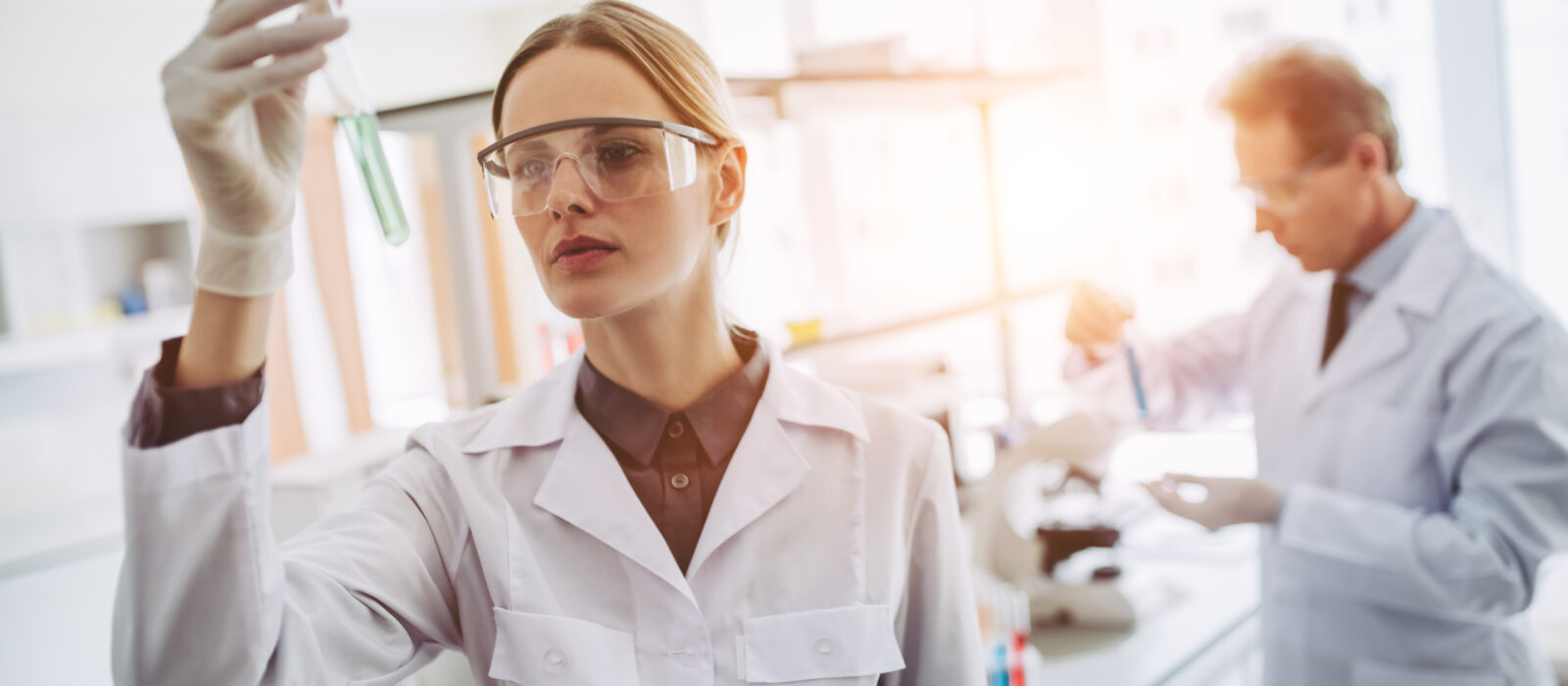eQATOR

Project duration: June 2022 – November 2025
Objective:
ēQATOR aims to develop scalable, electrically-heated catalytic reactor technologies that will allow the conversion of biogas into syngas with improved efficiency compared to the state-of-art. Focusing on dry-reforming, it utilizes both the CO and the methane from biogas, which bridges biogas production with downstream conversion technology into higher-added value products such as methanol, fuels and hydrogen.
Approach:
Conventional fired fixed-bed reformers utilise fossil fuels to produce heat. This energy source leads to steep temperature gradients in their heat transport process, and, consequently, to poor catalyst utilization and increased risk of detrimental carbon formation.
Heat transport in conventional fired fixed-bed reformers depends on the radiation of the flame, the conduction through the reactor wall, and the conduction, convection and radiation across the catalytic bed.
In comparison, electric heating can substitute the provision of heat from conventional burner technologies with the use of renewable energy sources. Not only is it possible to provide heat faster and more selectively to the process but also it is possible to drastically reduce the size of the “reactor” because far fewer auxiliaries are needed (burner, exhaust after treatment, etc.).
Main Innovations:
ēQATOR provides an integrated development of catalysts and reactors, and two different, complementary, electrical heating technologies: resistive heating and microwave heating.
Through these separate technologies, ēQATOR will lead to a disruptive electrically-heated reactor technology for syngas production.
This translates into up to 90% size reduction of total reactor unit and 50-75% reduction in catalyst volume.

